Alcohol and Pregnancy
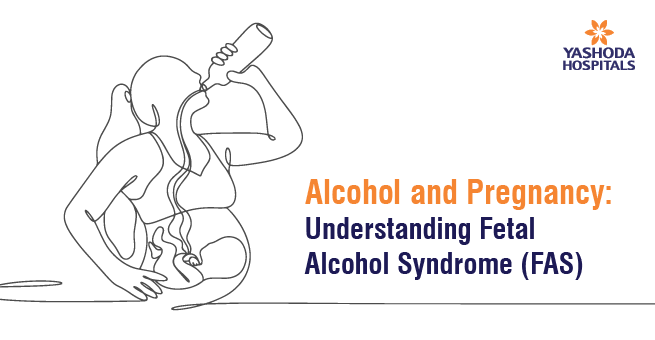
Consuming alcohol during pregnancy has multiple side effects on the fetal development. This condition is termed as Fetal Alcohol Syndrome (FAS), which leads to severe consequences as the prenatal gets exposed to alcohol having deformities causing lifelong disabilities in affected children. Understanding FAS is important for new mothers, healthcare professionals/providers and the community to make them know the importance and how to prevent its impact.
What is Fetal Alcohol Syndrome (FAS)?
Fetal alcohol syndrome is a condition where the developing baby is affected by the consumption of alcohol during pregnancies. A syndrome is characterized by multiple abnormalities, like physical, behavioral, and neurological, due to alcohol exposure, categorized as Fetal Alcohol Spectrum Disorders (FASD). FAS is a life-long condition that can’t be cured and can only be prevented by avoiding alcohol during pregnancy, which damages the developing fetus.
Alcohol Consumption During Pregnancy
The developing fetus tissues are very delicate and easily get affected by toxicity of alcohol leading to abnormal formation. Alcohol crosses the placenta and affects the fetus differently based on timing, duration, and amount of exposure. It basically varies among trimesters, during the first trimester it defects in formation of major organs and leads to physical abnormalities. In the second trimester intake of alcohol affects the growth of organs and its functions. Likewise in the third trimester, it affects the brain and dysfunctions to critical conditions leading to death of the newborn.
No amount of alcohol is safe during pregnancies, impairing fetal development as it’s crucial for expectant mothers to prevent FAS and other FASD. Public health guidelines are suggested to educate that would help to support women who are pregnant or planning to become pregnant. As it plays an vital role providing proper decisions about alcohol during pregnancy and the importance of protecting developing fetuses.
Differences between FAS and FASDs:
FAS (Fetal Alcohol Syndrome) happens when the fetus is exposed to alcohol before birth, affecting in multiple ways that vary in different forms and ranges from mild to severe conditions. So, FASDs (Fetal Alcohol Spectrum Disorders) is a group of conditions leading to signs and symptoms that includes:
- Partial Fetal Alcohol Syndrome (pFAS): Defects in facial features without having symptoms of FAS.
- Alcohol-related neurodevelopmental disorder (ARND): Abnormal activities like children is experiences impulsiveness, inattentiveness, challenges with judgment, and other activities
- Alcohol-related birth defects (ARBD): Abnormal physical birth defects that affect the heart, eyes, skeletal system, ears, and kidneys.
- Neurobehavioral disorder associated with prenatal alcohol exposure (ND-PAE): Exposure more than required to alcohol makes the fetus to do tasks like thinking and memory.
Fetal Alcohol Syndrome Features: Symptoms & Causes
There are no exact statistics of how many people have FASD, as it is difficult to diagnose and varies from person to person. Without alcohol use, FAS doesn’t happen until alcohol passes through the bloodstream, through the umbilical cord, where the baby won’t be able to metabolize as an adult could, which can lead to brain affecting central nervous system effecting in the following ways,
- Kills cells in different parts causing physical developments
- Effects nerve cells and brain cells to develop creating challenges to brain and its functions
- Slow downs the blood flow to placenta causing shoratge of oxgyen and nutrients to the fetus
Physical symptoms include facial abnormalities such as a flat skin surface, a thin upper lip, a small eye opening, and no ridge formation between the nose and lips. Growth defects like low or underweight and in height also lead to multiple dysfunctions forming organ abnormalities. Neurological and developmental effects include memory, intellectual disabilities, and learning difficulties; behavioral problems such as hyperactivity and poor impulse control; and delayed development of speech and motor skills. Long-term impacts include difficulties in school and other activities with an increased risk of mental health disorders and addiction to substances in later life, creating challenges, developmental difficulties, and independence in life.
The most frequently asked questions are: Can pregnant women drink alcohol? and Is it safe to drink 1 beer while pregnant? The answer is no, as damage from alcohol can happen at any stage during pregnancy, but it is recommended for expecting mothers to avoid beverages in the first few weeks because that’s when the body builds up enough HCG for the development of the baby.
To protect your baby’s future. Avoid alcohol during pregnancy.
How Early Can You Detect Fetal Alcohol Syndrome?
Symptoms in infants can include:
- Abnormal facial features (smooth ridge between nose and upper lip, thin upper lip, small eyes)
- Low or under body weight
- Short in height
- Sleeping and sucking difficulties
- Small head size
- Vision or hearing problems
Early Childhood and Beyond with symptoms over time may include:
- Delayed speech and language development
- Difficulty concentrating
- Hyperactivity
- Learning disabilities and Low IQ
- Poor coordination, reasoning, judgment skills, and short-term memory
FAS Diagnosis and Screening
FAS can once in a while be identified at delivery based on birth size and unique physical capabilities later leading to social, intellectual, or developmental issues. Diagnosing FAS involves a complete evaluation of physical features, growth patterns, and neurodevelopmental outcomes. Healthcare providers use standardized criteria to assess prenatal alcohol exposure and its effects on the child’s development. Early diagnosis is essential for timely intervention and aid.
FAS Treatment & Management
Fetal alcohol syndrome is not curable, and the symptoms impact the child throughout their life. Here’s how early Fetal Alcohol Syndrome treatment can reduce the severity and improve the child’s development. Treatment includes: Medications to treat some symptoms, like attention and behavioral issues. Undergoing therapies like behaviors and education are effective for treating emotional and learning concerns. Most important is parental training, where parents help children cope with challenges they face by changing day-to-day routines and rules that can help their child adapt easily. This can help avoid developing mental and emotional challenges at a later age.
FAS Prevention and Awareness
Fetal alcohol syndrome (FAS) is entirely preventable by avoiding alcohol during pregnancy. Since alcohol use is the leading cause of preventable birth defects, developmental disabilities, and learning disabilities, it is crucial to abstain from alcohol if you are pregnant or could become pregnant.
You can avoid drinking in early pregnancy without knowing since you are sexually active and not using effective birth control, as it can take weeks to confirm pregnancy, and early fetal development is particularly vulnerable to alcohol. If you have already consumed alcohol during pregnancy, stopping immediately can still benefit the baby’s brain development.
Breastfeeding mothers should also be cautious about alcohol consumption. Alcohol can pass through breast milk, so it is generally recommended to wait at least two hours after one drink before nursing or pumping. Consult your healthcare provider for the best practices regarding alcohol use during breastfeeding.
Preventing FAS starts with promoting alcohol-free pregnancies. Guidelines recommend complete abstinence from alcohol during pregnancy and while trying to conceive. Healthcare providers play a critical role in educating women about the risks of prenatal alcohol exposure and providing support for alcohol cessation programs.
Conclusion
Understanding Fetal Alcohol Syndrome (FAS) is crucial for expectant mothers, healthcare providers, and communities alike. FAS results from prenatal alcohol exposure, leading to lifelong physical, behavioral, and neurological challenges. Prevention through abstaining from alcohol during pregnancy is paramount, as no amount is safe. Early detection and comprehensive support can significantly mitigate the impact, underscoring the importance of public education and healthcare provider involvement in promoting alcohol-free pregnancies and supporting affected families.
About Author –

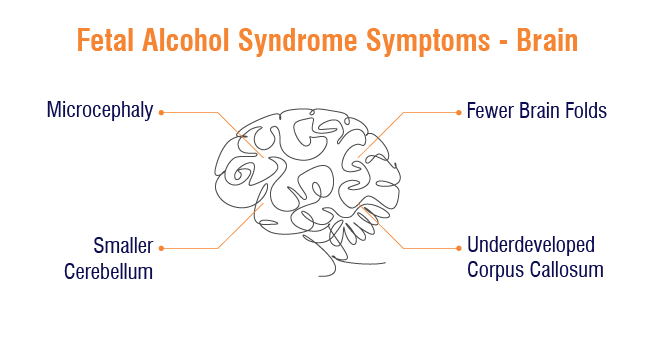
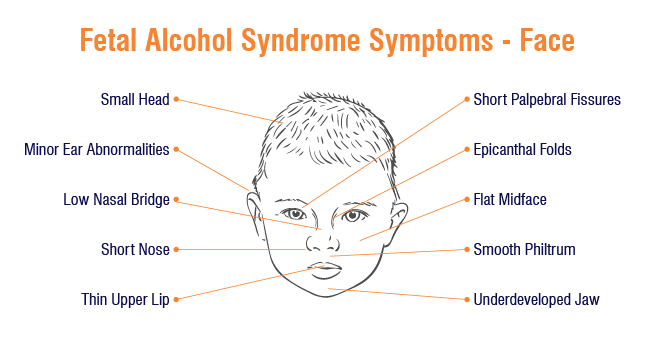

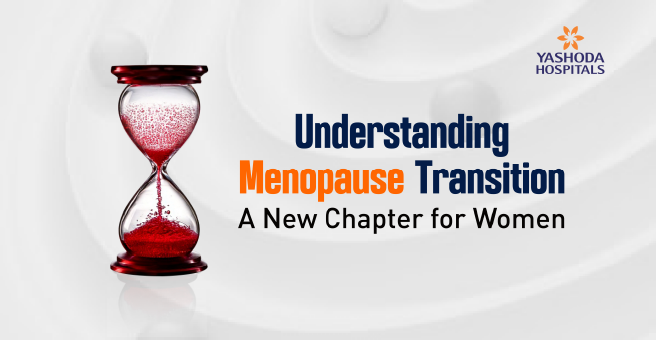

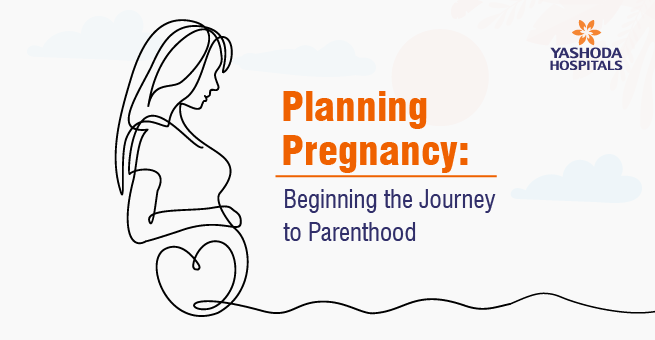



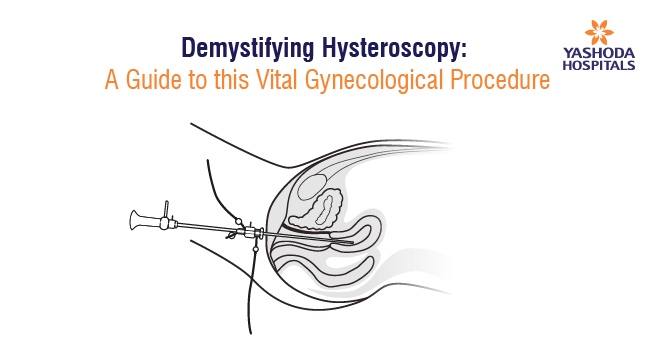
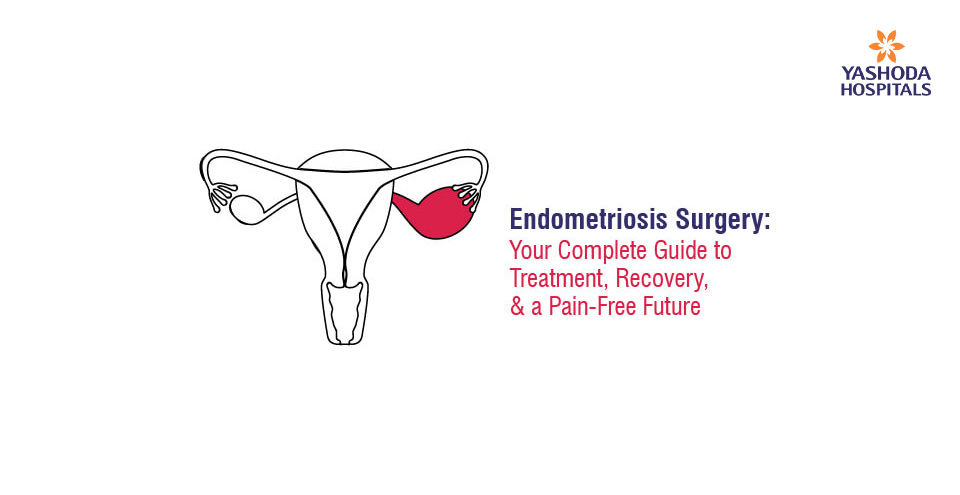









 Appointment
Appointment WhatsApp
WhatsApp Call
Call More
More

